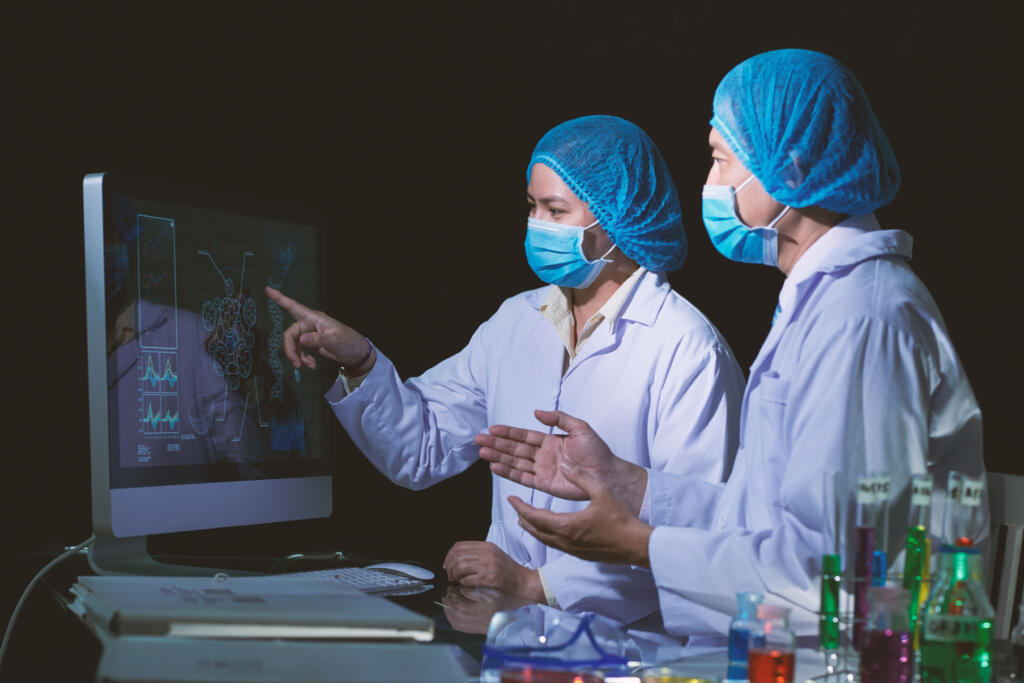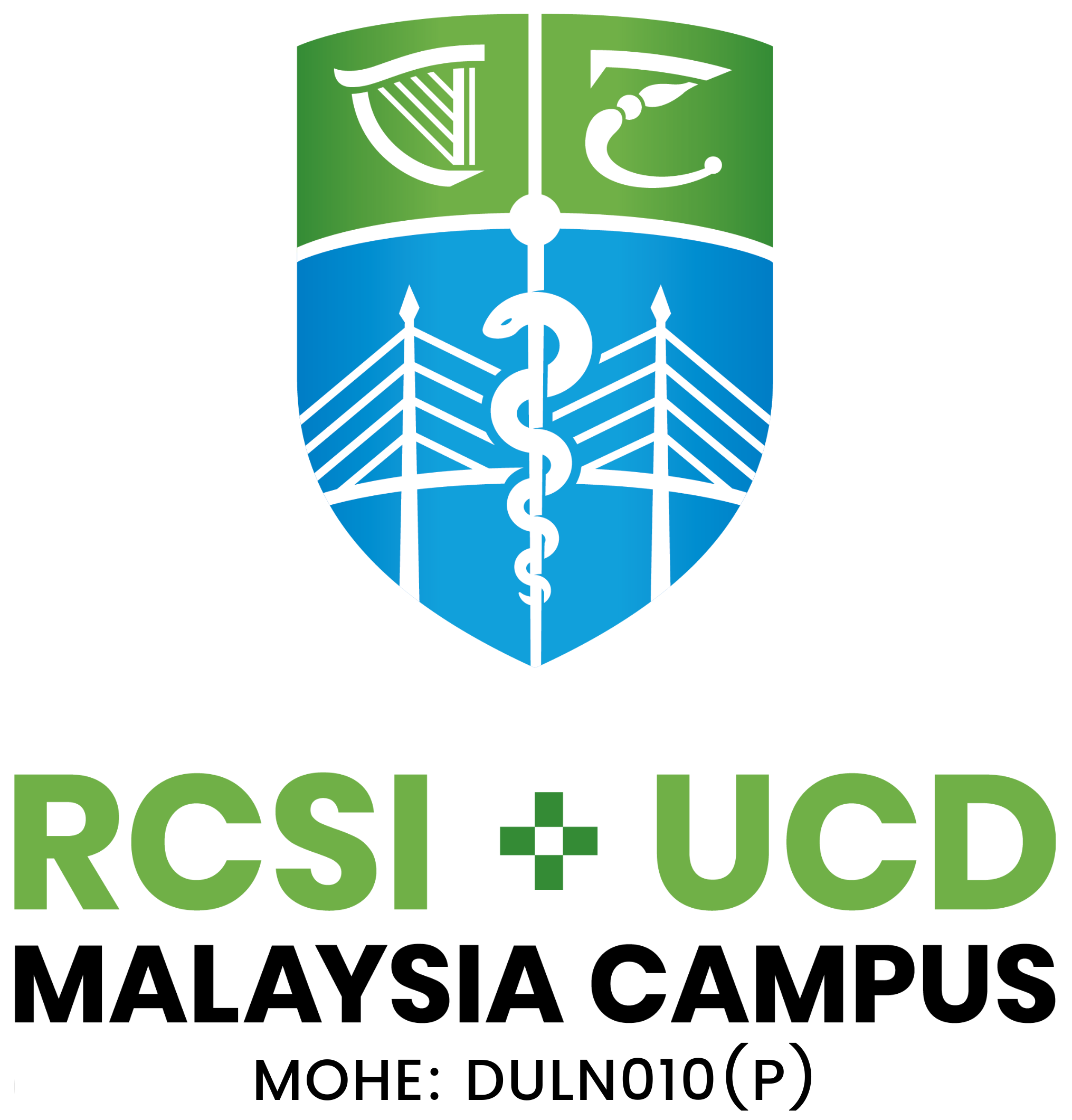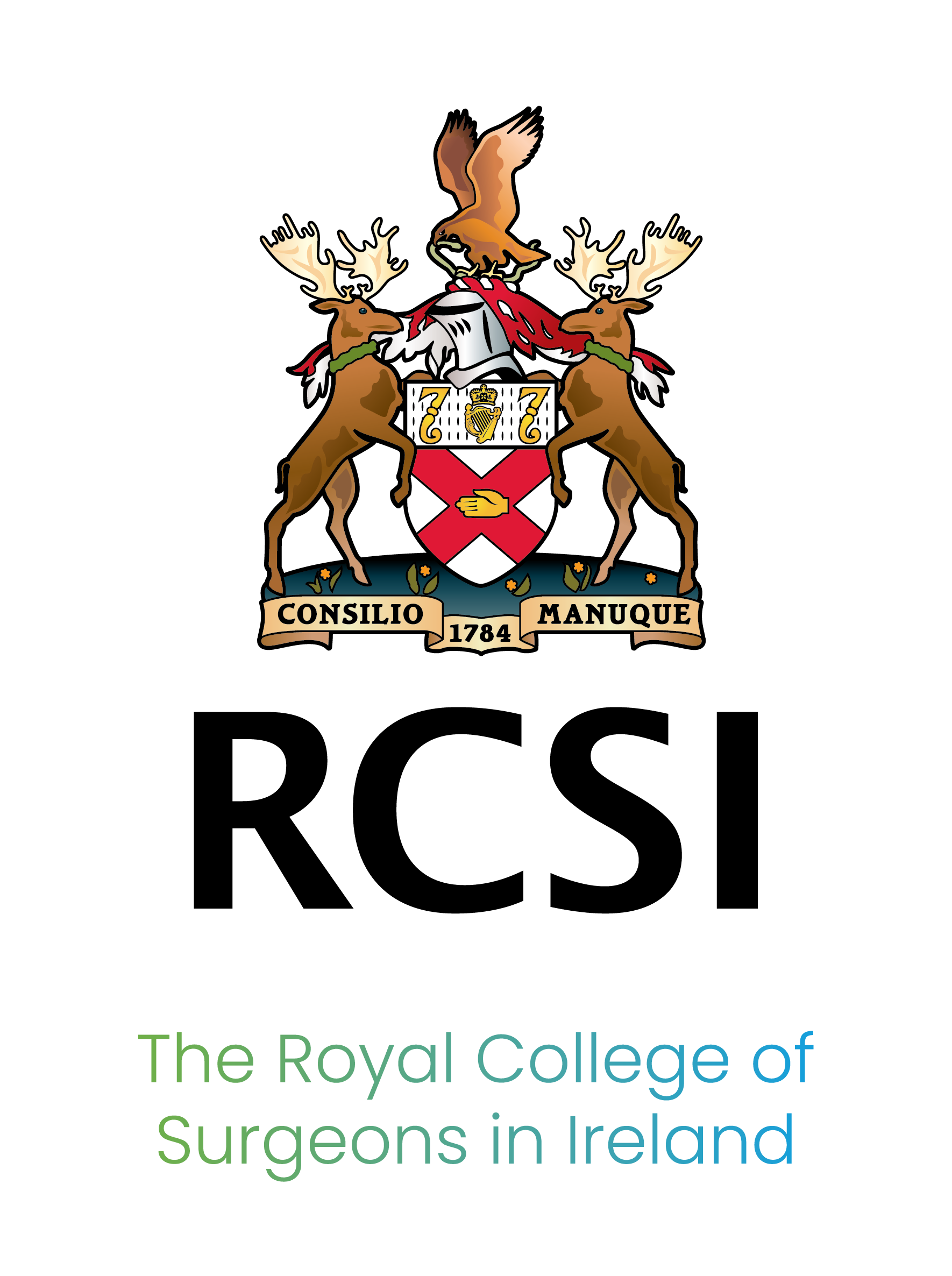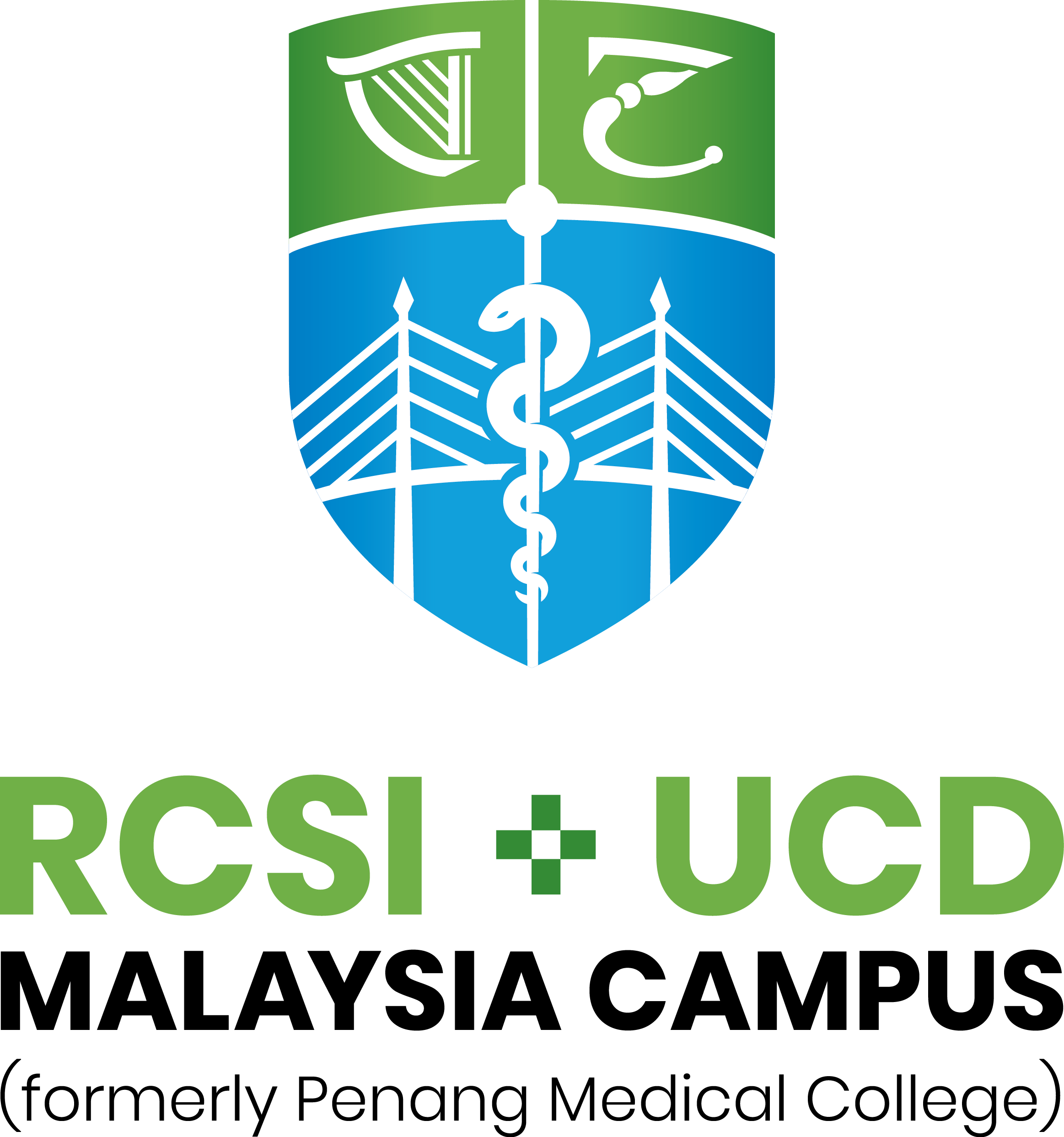The Curriculum of a Medical Degree in Malaysia
Nov 28 2023

Pursuing a medical degree in Malaysia is a dream for many aspiring healthcare professionals. The country boasts a robust healthcare system and is home to several esteemed medical universities offering world-class education. For those considering this educational path, understanding the curriculum of a medical degree in Malaysia is crucial. This article aims to provide a comprehensive guide to the curriculum structure, components, and key aspects of medical education in Malaysia.
The Foundation of Medical Education in Malaysia
Before delving into the specifics of the curriculum, it’s essential to understand the foundation upon which medical education in Malaysia is built. Medical education in the country is heavily regulated and follows international standards. It’s overseen by two main bodies:
The Malaysian Medical Council (MMC): The MMC is responsible for regulating the practice of medicine in Malaysia. It sets the standards for medical education, accredits medical programmes, and ensures that graduates meet the necessary qualifications to practise medicine.
The Malaysian Qualifications Agency (MQA): MQA ensures the quality and standards of higher education in Malaysia, including medical degree programmes. All medical schools in Malaysia must be accredited by MQA to offer recognised medical degrees.
The Structure of a Medical Degree Programme
A typical medical degree programme in Malaysia is structured to ensure that students acquire the necessary knowledge, skills, and clinical experience to become competent medical practitioners. These programmes usually take 5 (five) years, and consists of two main phases:
1. Pre-Clinical Phase (2.5 Years)
The pre-clinical phase of a medical degree programme focuses on building a strong foundation in basic medical sciences and developing essential clinical skills. During this phase, students typically cover subjects such as:
- Anatomy: Study of the human body’s structure.
- Physiology: Understanding the functions of the human body’s systems.
- Biochemistry: Exploring the chemical processes in living organisms.
- Pharmacology: Learning about drugs and their effects.
- Pathology: The study of diseases and their causes.
- Microbiology: Understanding microorganisms and their role in diseases.
This phase often includes lectures, laboratory work, and tutorials. Students are required to pass examinations at the end of each academic year to progress to the next level.
2. Clinical Phase (2.5 Years)
The clinical phase is where students put their theoretical knowledge into practice by working directly with patients. It involves rotations through various clinical departments in hospitals and clinics. Key components of the clinical phase include:
- Clinical Rotations: Students rotate through different medical specialties, including medicine, surgery, paediatrics, obstetrics, and psychiatry, among others. This hands-on experience allows them to observe and participate in patient care under the supervision of experienced physicians.
- Clinical Skills Training: Students develop practical clinical skills, such as history-taking, physical examinations, and patient communication.
- Training Centres: Training centres include Penang Hospital, Seberang Jaya Hospital, Taiping Hospital, private, district and rural clinics, and community health clinics with specialist areas such as psychiatry, public health, and others. All public hospitals and clinics in Penang are exclusive to the medical training of RUMC students.

Assessment and Evaluation
Continuous assessment and evaluation are integral to medical education in Malaysia. Students are assessed through various methods to ensure they are acquiring the necessary knowledge and skills. Common assessment methods include:
Written Examinations: Students take written exams covering the subjects studied in the pre-clinical phase. These exams often include multiple-choice questions, short-answer questions, and essays.
Objective Structured Clinical Examinations (OSCEs): OSCEs assess clinical skills, communication, and professionalism. Students rotate through stations where they encounter standardised patients or clinical scenarios.
Practical Assessments: Clinical skills are evaluated through practical assessments, including observed history-taking, physical examinations, and procedural skills.
Clinical Assessments: Clinical supervisors provide feedback and assessments based on students’ performance during their clinical rotations.
Electives and Specialisations
As students progress through the clinical phase, they often have the opportunity to explore different medical specialties through elective rotations. Electives allow students to gain exposure to areas of medicine that align with their interests and career aspirations. This experience can help students make informed decisions about their future specialisations.
Medical schools in Malaysia offer a wide range of specialisations and postgraduate programmes for students who wish to further their medical education and training. These programs enable graduates to become specialists in fields such as surgery, internal medicine, paediatrics, radiology, and more.
Professionalism and Ethics
Medical ethics and professionalism are essential components of a medical degree curriculum in Malaysia. Students are educated on the ethical principles and values that underpin medical practice, including patient confidentiality, informed consent, and the duty to prioritise patients’ well-being. The development of strong ethical and professional values is considered crucial in producing competent and compassionate healthcare practitioners.
International Recognition and Accreditation
One of the significant advantages of pursuing a medical degree in Malaysia is the international recognition of the qualifications. Graduates from accredited Malaysian medical schools are eligible to practise medicine in various countries. This recognition is facilitated by the accreditation of bodies such as the Malaysian Medical Council (MMC) and the Malaysian Qualifications Agency (MQA).
Challenges and Opportunities
While pursuing a medical degree in Malaysia offers numerous opportunities, it also comes with challenges. The rigorous curriculum, long hours of study and clinical training, and the responsibility of patient care can be demanding. However, these challenges are balanced by the chance to make a meaningful impact on people’s lives through healthcare.
Additionally, the evolving landscape of healthcare, including advancements in technology and changes in healthcare delivery, presents opportunities for medical students to stay at the forefront of medical practice.

Study Medical Degree with RUMC’s Undergraduate Medicine Programme
A medical degree in Malaysia offers a comprehensive and well-structured curriculum that prepares students to become competent and compassionate healthcare professionals. The combination of rigorous pre-clinical education and hands-on clinical training ensures that graduates are well-equipped to meet the challenges of modern healthcare.
The curriculum’s emphasis on ethics, professionalism, and international recognition further enhances the value of a Malaysian medical degree. Aspiring medical students should consider these factors when embarking on their journey toward a fulfilling and impactful career in medicine. Ultimately, the pursuit of a medical degree in Malaysia such as RUMC’s Undergraduate Medicine programme is not just an educational endeavour but a commitment to a lifelong vocation dedicated to healing and caring for others.



